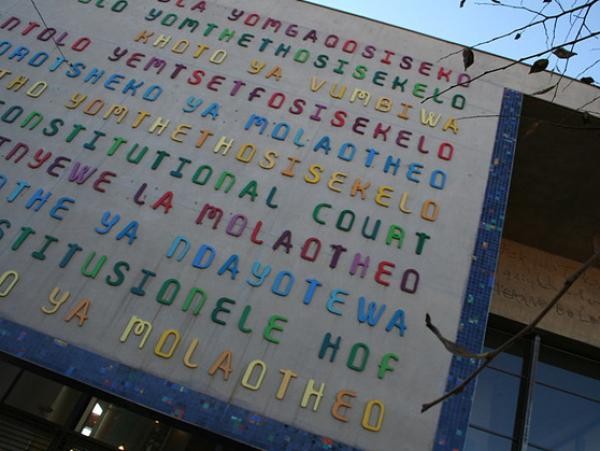Shelter residents fight City of Johannesburg over “lock-out” rules
Court asked to declare policy unconstitutional
Eleven people who were accommodated in a shelter after a Constitutional Court judgment against the City of Johannesburg are challenging the shelter’s rules before the same court.
In October 2011, the Constitutional Court ordered the City of Johannesburg to provide 86 people with temporary accommodation after they were evicted from a private property, until permanent housing could be found. Now Nomsa Ellen Dladla and ten other residents are arguing that the gender policies of Ekuthuleni Shelter, where they were sent, are unconstitutional.
The “family separation rule” requires that heterosexual life partners and married spouses live separately in the shelter, like residents who are single.
The shelter also adopts strict curfews which require residents to return to the shelter by 8pm or be locked out for the night. Residents are not permitted to sleep or stay in the shelter during the day.
These lock-out rules prevents residents from working night shifts or staying home, for instance if they are ill or recovering from surgery.
Residents of the shelter are challenging the lawfulness of the family separation and lock-out rules. They argue that the policies infringe their rights to dignity, privacy, and freedom and security of person. The right of married couples to live together is a recognised and protected right under South African law.
Both these policies are part of a broader policy called ‘managed care’. This policy is, by the City’s own admission, designed to encourage residents to leave the shelter. But, the applicants argue, the lock-out rule hinders residents’ attempts to improve their circumstances and limits what kind of work they can do.
They also argue that this policy fails to meet the City’s obligation to provide people with adequate permanent housing.
In May 2016, the Supreme Court of Appeal found that the policies did infringe the constitutional rights of Dladla and the others. However, the court held that this infringement was reasonable because certain rights were automatically limited by the nature of a temporary shelter.
The applicants, represented by the Socio-Economic Rights Institute (SERI), are challenging this finding on a number of grounds, including the court’s failure to consider whether the limitations were justifiable under section 36 of the Constitution. Section 36 applies whenever the government attempts to limit the rights of South Africans. Under this section, the government is required to show that the limitations are justifiable.
The Constitutional Court’s decision on the family separation and lockout rules will not only affect the 11 residents involved in this case. The The shelter is part of a pilot project which could be scaled up to 3,000 people.
The case also raises questions about where rights can be limited by resource constraints. The City argues that if couples are separated, more people can be accommodated in single sex dormitories. Though the Constitutional Court has not adopted a favourable stance towards sacrificing individual rights in this manner, the state is given some leeway when it comes to resource allocation and limitations.
The Centre for Applied Legal Studies and the Centre for Child Law have been admitted as friends of the court in the case. It will be heard on 16 February 2017.
Support independent journalism
Donate using Payfast

© 2017 GroundUp. 
This article is licensed under a Creative Commons Attribution-NoDerivatives 4.0 International License.
You may republish this article, so long as you credit the authors and GroundUp, and do not change the text. Please include a link back to the original article.

